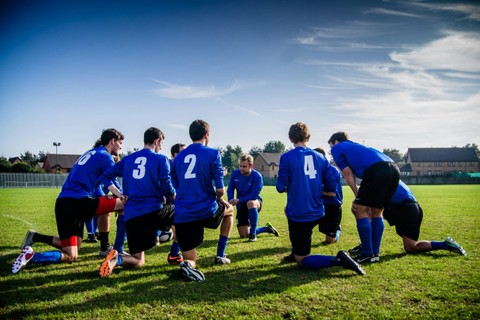A resume is a brief, informative document summarizing your abilities, education, and experience. It should highlight your strongest assets and differentiate you from other candidates.
Used most frequently in academic settings, a CV (curriculum vitae) is also a summary of your experience and abilities, but a CV will include more credentials relevant to academia and research, such as publications, presentations, and references.
Your cover letter is a way to introduce yourself to organizations in a narrative form that will accompany your resume. Use your cover letter to describe your qualifications as well as your interest in both the job and organization so the employer will want to interview you. Since the primary purpose of a resume and cover letter is to “market” you, always keep the organization’s hiring needs in mind.








